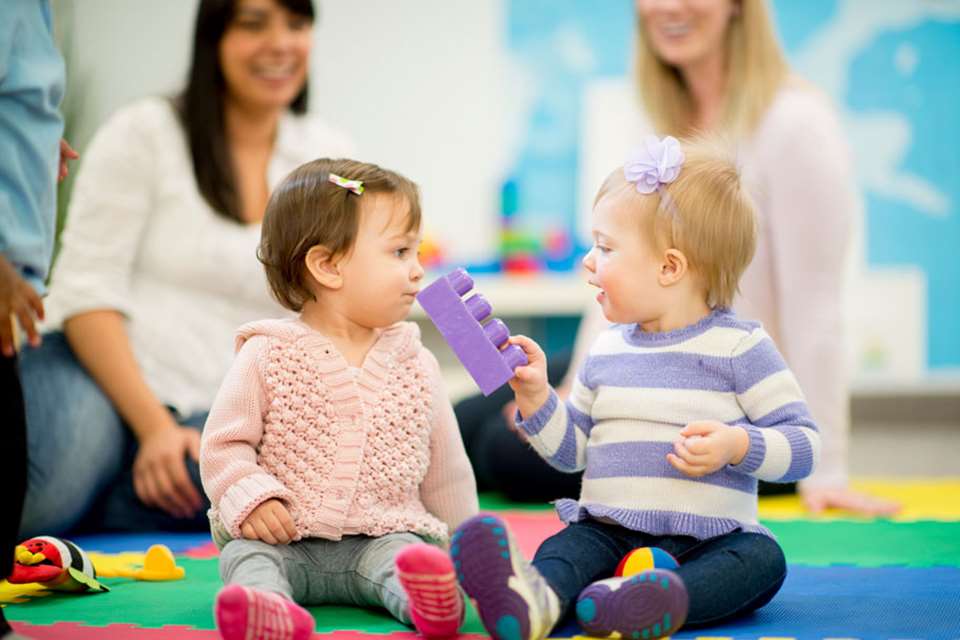Interview - Dr Gillian Paull
Monday, July 24, 2017
Author of ‘The Potential Value for Money of Early Education’, a new report from the Study of Early Education and Development (SEED)

What was the purpose of the research?
The purpose was to estimate the financial return from improvements in child development at ages three and four to be used in the value for money element in SEED. This element will consider whether the monetary return is greater than the cost of investing in early childhood education and care (ECEC).
You looked at how any impact of early education and childcare on children’s cognitive and social development could yield a financial return. Can you explain how you did this and what are the key findings?
We used existing evidence to link better child development at ages three and four with the monetary value of improved later lifetime outcomes and found that improving either cognitive development or social behaviour for three- and four-year-olds was associated with substantial later financial benefits.
Almost all of this return came from a connection to better adult employment with higher earnings for the children and higher tax receipts and lower welfare payments for the Government. We also found that the improvements in child development at ages three and four yielded a financial return in reducing some ‘social bads’ – such as truancy, SEND, crime and smoking – but the financial value of these were much smaller because they only affected a small proportion of children over a generally more limited period of time.
Your next study will look at the actual financial return to early education and childcare for children aged two to four in terms of value for money. Tell us about that.
The next stage will combine the impacts on child development observed from our sample of SEED children with the costs of delivering childcare and our estimates of the financial return to see whether the value of the benefits actually exceeds the cost. So we should be able to say that, for every pound spent, you get x amounts back for the individual, for the Government, and for society.
Why do you think it is important to look at childcare in terms of value for money, rather than as a social good?
Early years education and childcare inherently has a value that you can’t measure completely in pounds and pence. But studying the financial return can potentially provide additional support for Government investment by showing that the cost may be partially – or even completely – recuperated.
- Read the research here










